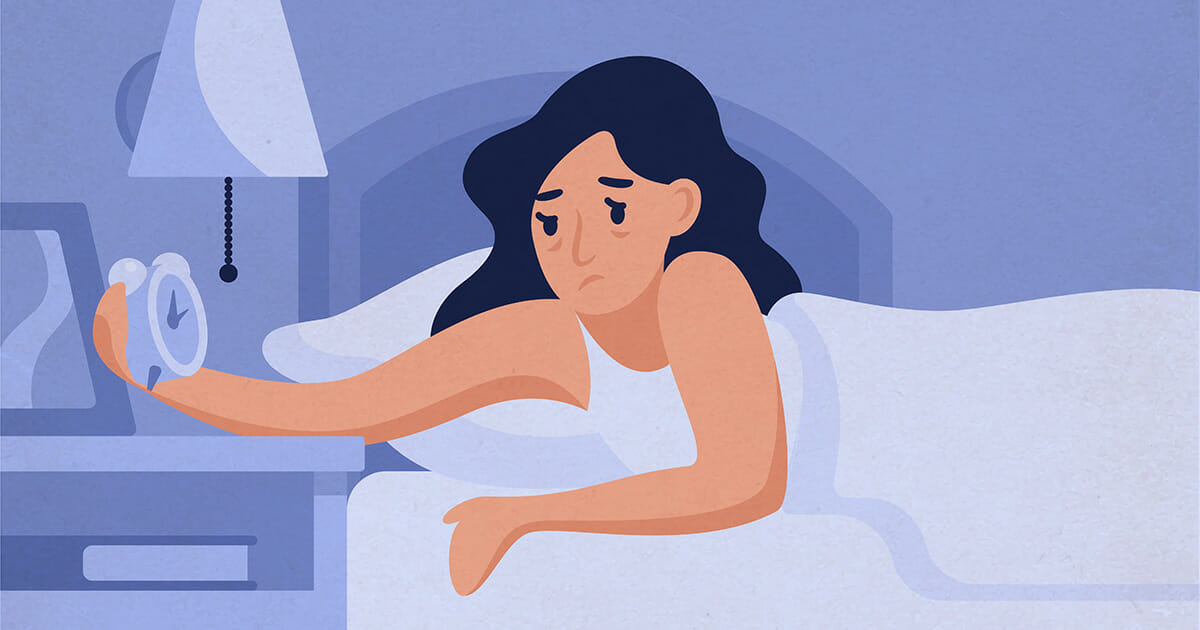Is Bitcoin and digital currency the future of money transfers? Here's what they don't tell you..
|
Ever since recorded history, people have been using forms of payments for goods and services.
Back in the days of ancient egypt or greece - people used horses, sheep and cows to pay for things. Later, that turned into golden and silver coins, and today people can even pay with credit cards or automated bank transfers.
In 2008, an idea for a new payment method was formed, and they called it Bitcoin. In this article, we will give you a little background on what it is, how it works, and also some of the things they don't want you to know, and you should know of.
What is Bitcoin?
Bitcoin is basically "digital money" - it's a network protocol and computerized method and model, designed to simulate and be used for payments just the same way normal ordinary money is.
Normal every day money is made out of coins and papers that have a value - a paper of $50 is worth $50, a coin of a penny is worth a penny, and so on.
In the same way, 1 Bitcoin (or "BTC") has a value. When it first started back in 2008, 1 Bitcoin was barely worth half a cent, but today 1 Bitcoin is worth more than $10000 as we are writing this article.
The reason that the price have got this high, is because there is alot of buzz everywhere around bitcoin investment, and many articles and even financial newspapers praise and support it - a thing that created a large demand from people to invest in it. And it goes back to the old Supply-and-demand model - when something has alot of demand, it's value automatically rises. And such it has been over the last decade.
Before you rush to invest your money in Bitcoin, we have collected in this article a few facts about this digital currency that are barely mentioned, that we think you should know and be aware of before you decide to make your move and purchase Bitcoins.
Where, or is Bitcoin, at all, accepted as a payment method?
The first question that comes in mind would be the most logical one: "Can I actually pay for things with Bitcoin?".
Yes, you can buy some things with Bitcoin, but the list of places that accept Bitcoin as a payment method is limited and very specific, and most ordinary merchants do not accept it as a payment method at all.
So you can use it to buy things from specific places, and there's a list here of places that will accept Bitcoin as a payment method, but we ought to notify you that these lists are not updated and many of the merchants who have listed Bitcoin as a payment method have already dropped it from their list after experimenting with it and finding that it's not useful for them. Why not useful, you may ask? The answer for that is coming shortly..
Most people DON'T use Bitcoin for payments!
While you can pay for some things with Bitcoin, most of the people that are invested in bitcoin simply bought it as an investment - They do not intend to use it or pay for it anywhere, they just bought some Bitcoins as a investment because they read everywhere that it's price continues to grow all the time, so they thought it's a good investment.
So that means that while, theoretically, Bitcoin is a payment method and can be used to pay for things, for most of the people who have bitcoins it's just another form of a financial investment.
Bitcoin transfers are SLOW and not practical for actual money transfers
When Bitcoin first started, it had a promise to, one day, replace ordinary cash. But the reality is actually pretty far from this promise.
At every minute around the world, there are literally millions of money transfers being made either by cash, credit cards and bank transfers. Bitcoin transfers are grouped into a "bulk" of transactions that contain several thousands of transfers between wallets in them, and they are delayed until the "bulk" is "approved" and "calculated" by a big majority of the community.
What this means practically is that any transfer that you make with Bitcoin will be delayed until it is "approved" to ensure that it's a valid transaction (and not a fake one!), and Bitcoin is limited to several thousand of transactions in such a "bulk" of transfers - so if 100,000 people tried to transfer money with Bitcoin at the same moment - only 3000 of them would be approved in the next 10-15 minutes, so the rest (97000) would have to wait, and such a scenario is not practical for real world purchases (which probably explains why many merchants stopped accepting Bitcoin as a payment).
Bitcoin transfers can be anonymous and non refundable!
Anyone can open a Bitcoin wallet, and it doesn't require an identification card, phone number or credit card for validation - you just need to install some software, or to sign up with an email to an online Bitcoin wallet.
This allows people to use it anonymously for money transfers. While this can be a good thing, it can also be a bad thing. The Bitcoin protocol works on a one-way model - money is transfered from person A to B. There's no institute that governs it (it's built and used by people), and there's no way to cancel a transfer once it was "approved".
This opens the possibility for fraud and payments that are transfered without delivering a product in return, also known as stealing, and since there's no institution that governs it, it's entirely based on trust. If it's someone you know of, or a known company, that's one thing, but if it's someone you never met before, it can be risky.
The majority of the Bitcoin economy is owned by very few people
And this one is something that most people don't know of, and it should be worth mentioning.. did you know that the majority of the Bitcoin economy, is owned by very few people?
Take a look at this chart:
The number of unique Bitcoin addresses that exist today are around 800,000 according to blockchain.info, one of Bitcoin's main informational sites on the net.
According to the charts brought above, which were taken by lordsofcrypto on instagram, 0.00088% of the addresses hold 17.49% of all Bitcoin, 0.01% of addresses hold 20.47% of Bitcoin, and 0.10% of addresses hold 21.90% of Bitcoin. Combined together, that means that 0.11088% of addresses hold together nearly 60% of the entire Bitcoin economy's worth.
We don't know when this chart was calculated, and since the number of addresses in the Bitcoin world grow all the time, it could very well be that these numbers were taken when there were 600 or 700 thousand addresses, so that means that it's very likely that 0.11088% of those = 665 to 776 addresses only - hold 60% of the market of Bitcoin. That's alot of power to affect this market - that lays at the hands of very few people!
Are there any other "digital currencies" other than Bitcoin, that could be better?
At the time of writing this article, there are more than 200 digital currencies available. Some of the famous ones are - Bitcoin, Litecoin, Ethereum, Dash, Monero, Ripple.
Some of the other coins provide better technology to deal with masses of transactions, and can be more suitable for actual real world transfers, like Litecoin. Some coins, like Ethereum, contain "contract" that must be signed up by all parties to complete a transaction, and thus allow protection from fraud. and Some coins, like Monero, provide better anonymity and ability to hide the source of the transaction.
Conclusion
Digital currency can be the future of money transfers, and there's an ever growing interest in this market by both people and governments. If you're interested in reading more about how the technology works, we highly recommend you read Satoshi Nakamoto's original white paper PDF explaining the technology and idea behind Bitcoin.
And if you're interested in buying or investing money in any of these currencies, you can use this exchange to purchase it with a credit card.
We hope you learned from reading this article, and if you find the information in it useful - please share it with others so they know too!












